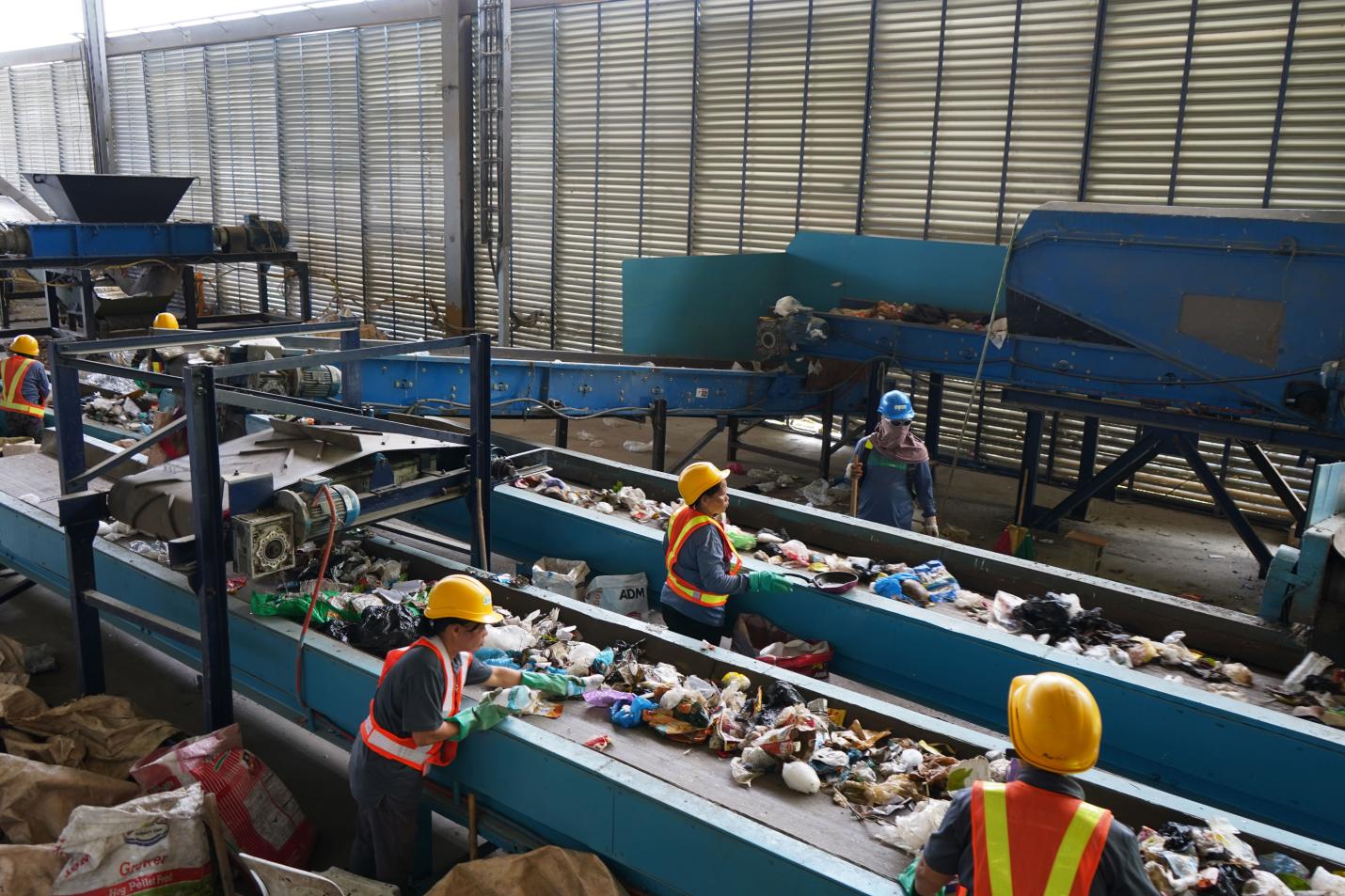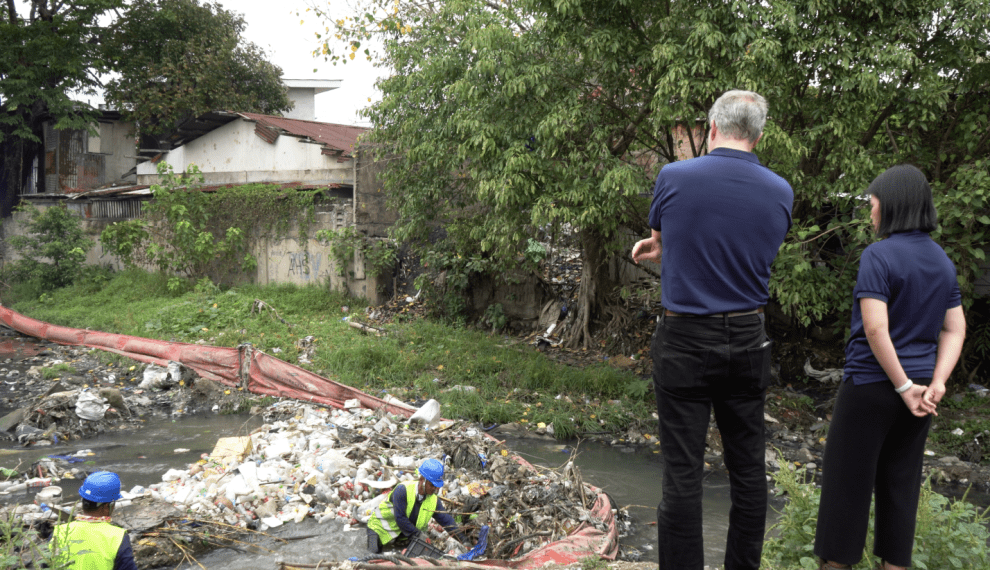Prime Infra, together with its social arm, Prime Infra Foundation, and waste management company, Prime Integrated Waste Solutions (PWS), has partnered with RiverRecycle to support efforts in addressing plastic pollution in Cebu City.
Under this initiative, RiverRecycle deployed its boom along a key stretch of the Kinalumsan River in Barangay Mambaling. Designed to intercept floating waste before it reaches the ocean, the system is expected to prevent approximately 97,000 kilograms of debris—including over 13,000 kilograms of plastic—from entering marine ecosystems annually.
According to Cara Peralta, Prime Infra Market Sector Lead for Waste, a major concern in waste disposal is the continued practice of dumping waste into bodies of water, which causes serious environmental problems.
“There’s so much to work on in terms of waste management and proper disposal in the country, and part of that involves the collection of waste. When you partner with companies like RiverRecycle, which focuses on different aspects of logistics, such as the rivers where waste accumulates, then it is in perfect synergy with what we do at PWS,” she said.
PWS operates a modern waste management facility in Cebu City with a capacity to process up to 1,000 tons per day. The facility’s operations focus on segregation, recycling and recovery, significantly reducing landfilling and minimizing waste that ends up in rivers.
RiverRecycle Founder and CEO Anssi Mikola highlighted the need to combat ocean plastic pollution. He explained that plastics break down into harmful microplastics once in the water. One solution is to prevent waste leakage through rivers by using booms to block the flow.
“The way we see it, the most important thing is to stop waste from reaching the ocean in the short term, because that’s where it causes the most harm and is the hardest to clean up. That’s why we are focusing on rivers, as they are the last manageable point to remove waste before it becomes an insurmountable problem,” he said.

Inside Prime Waste Solutions’ materials recovery facility in Cebu City where state-of-the-art equipment is used to maximize segregation, recycling and recovery.
RiverRecycle is an enterprise working to prevent the influx of plastic waste into oceans coming through rivers. The company employs several cleaning methods and has developed technology capable of processing low-value plastics into other materials and usable products.
“Partnering with Prime Waste Solutions is really like a showcase for us because there’s very few places where we work where you actually have an industrial-sized material recovery facility that is able to aim for zero waste to landfill,” Mikola added.
Through PWS, Prime Infra addresses the increasing demand for efficient waste management solutions in fast-growing cities across the country.
PWS operates two of the Philippines’ only automated materials recovery facilities, one in Cebu and one in Pampanga, and maximizes resource recovery through state-of-the-art equipment such as vibrating sieves, baling systems, and magnetic separators. By significantly reducing landfilled volumes, it also helps minimize organic waste decomposition, thereby reducing harmful methane emissions.
About Prime Infra
Building today’s critical infrastructure for a sustainable future.
Prime Infra is Filipino businessman Enrique K. Razon Jr.’s infrastructure arm that focuses on building assets that support the most urgent sustainability priorities – energy, access to clean water, and waste management.
With sustainability at the core of the business and projects carried out by a fast and lean management process, Prime Infra helps transform countries around the world by developing economically critical and socially relevant infrastructure that people depend on today and tomorrow.
Prime Infra is committed to ensuring its investments are socially relevant so that its customers and stakeholders are able to transition to their decarbonization goals, multiply social benefits, and promote inclusive economic growth.












